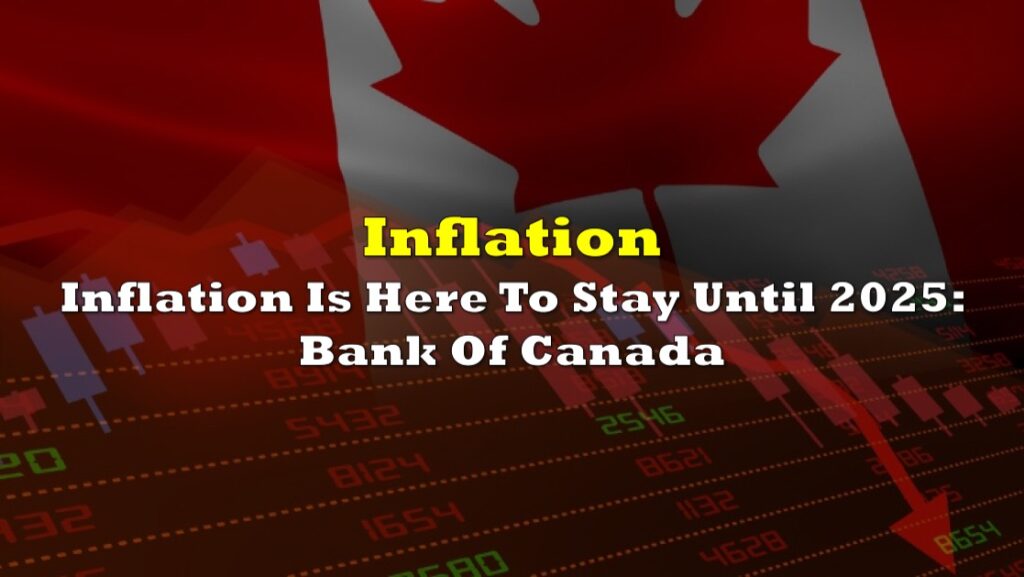That pesky ‘transitory’ inflation just refuses to go away! In fact, it jumped by another 0.7% in October to an annualized 4.7%, up from September’s increase of 4.4%. This latest reading marks sharpest gain since February 2003, and hasn’t exceeded that level since the Bank of Canada first began adjusting for price pressures in 1991. Core CPI, which does not account for energy, was up 3.3% from October 2020.

Prices were up across all eight of the major components, with energy prices up 25.5% from one year ago. Canadian consumers paid a staggering 41.7% more for gasoline in October, as the global energy crisis sent fossil fuel prices accelerating. Natural gas prices rose 18.7% from October 2020.

Canadians also paid substantially more for vehicles last month, as prices for passenger cars jumped 6.1% year-over-year, amid the ongoing global semiconductor shortage that continues to affect automakers’ output levels. The index for meat products continued to increase last month, rising 9.9%, as labour shortages at packaging plants further added to supply chain disruptions, while higher prices for livestock feed also added to the acceleration in meat prices.
The latest figures further add pressure on the Bank of Canada, which has already withdrawn its purchases of government bonds, but has stopped short of raising interest rates just yet. As cited by Bloomberg, markets are anticipating the central bank will hike rates from the current 0.25% to 1.5% over the next 12 months.
Governor Tiff Macklem has thus far stressed that current inflationary pressures are merely temporary, and will abate once supply constraints ease and energy prices cool. However, Canadians have yet to see such a resolve, particularly as price pressures become increasingly imbedded in inflation expectations. If consumers continue to anticipate a worsening inflation outlook, it could spark a wage-price spiral that will be even more resistant to monetary and fiscal policies.
Information for this briefing was found via Statistics Canada and Bloomberg. The author has no securities or affiliations related to this organization. Not a recommendation to buy or sell. Always do additional research and consult a professional before purchasing a security. The author holds no licenses.









